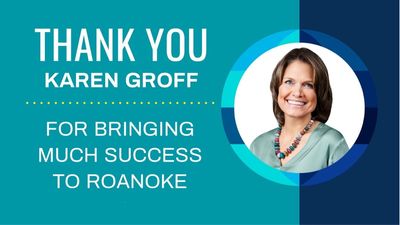April 08, 2014 | Industry Insights
Claims Made Vs. Occurrence-Based Insurance: The Debate Continues

Claims Made Vs. Occurrence-Based Insurance: The Debate Continues
There is a lot of chatter about whether an Occurrence trigger vs. a Claims-made trigger is better for Errors & Omissions insurance coverage. First, let’s understand the difference. Occurrence policies respond to claims that occurred during the policy term, regardless of when they are reported. Claims-made forms cover claims presented against the policyholder during the policy term, regardless of when they occur.
Why do both forms exist? While it’s likely that Occurrence triggers were around first, Claims-made triggers were developed by the insurance industry to address concerns associated with professional liability and related coverage, enabling insurers to more quickly respond to changes in both statute and case law. You’ll rarely find a medical malpractice, accountant’s errors & omissions, or directors & officers’ liability policy written on an occurrence form.
Some critics of Claims-made forms have commented that Claims-made policies only cover losses that both occur AND are reported during the policy period. What they’ve omitted is the important function of a Retroactive Date. A Retroactive Date is the first date a Claims-made policy was put in place, and should not change as you renew from year to year. This feature provides full continuity of coverage. In reality, the Claims-made trigger applies to claims reported during the policy term and occurring subsequent to the Retroactive date. Keeping your Retroactive Date in place equals no gap in coverage.
TODAY’S LIMITS FOR TODAY’S CLAIMS
Why are Claims-made forms the preferred format for errors & omissions and similar policies? Simply put, they provide today’s limits for today’s claims. The limit of insurance you bought five years ago may be grossly insufficient to cover a suit brought today, when your company has grown and has considerable larger assets.
Further, that old policy may have been written by an insurer that you don’t do business with anymore, or worse, that isn’t in business itself. Case in point: Lincoln General Insurance Company, which ceased writing insurance in February 2009. Try getting a claim paid, let alone defended, by an insurance company who has stopped writing this type of coverage and has no incentive to work with you.
NO DIFFERENCE IN COVERAGE
Another fallacy is that Claims-made policies are more restrictive. Other than the claim trigger, coverage terms and conditions of Claims-Made forms are no different than those of their Occurrence counterparts. Insuring conditions, exclusions, definitions, are all identical.
Have you heard of “Reinstating the Aggregate”? If you have a tough year with several claims filed against you, you can appeal to your Claims-made insurer to reinstate (restore) your aggregate limit of liability, which has been reduced by previous claim payments. Since your policy is still in effect, the insurer may be able to extend your limits for a premium. Under an Occurrence policy, you have no chance at getting the insurer to adjust a policy that expired years ago.
THE PERILS OF SWITCHING
While changing from an Occurrence to a Claims-made policy does not present a problem, that’s not true if you switch from Claims-made to Occurrence. You’ll have a gap in coverage for losses that occur prior to the effective date of your new Occurrence policy, but haven’t yet come out of the woodwork. Good luck getting your new insurer to pick up that exposure.
Did you know that Claims-made coverage typically costs less than a similar Occurrence form? This is because insurers know about all the claims under a given policy by the time it expires, and can more accurately assess their expenses associated with that policy when providing renewal quotes. Insurers using Occurrence forms have to include a factor for IBNR (incurred but not reported) claims when calculating premiums.
Roanoke Trade has provided insurance and bonding solutions to the international trade community since 1935, including Errors & Omissions insurance for custom brokers, property brokers, domestic freight forwarders, international freight forwarders, NVOCCs, warehouse operators, air freight forwarders, certified cargo screeners and 3PLs. For information about our E&O insurance policy, please call us at: 1.800.ROANOKE.













